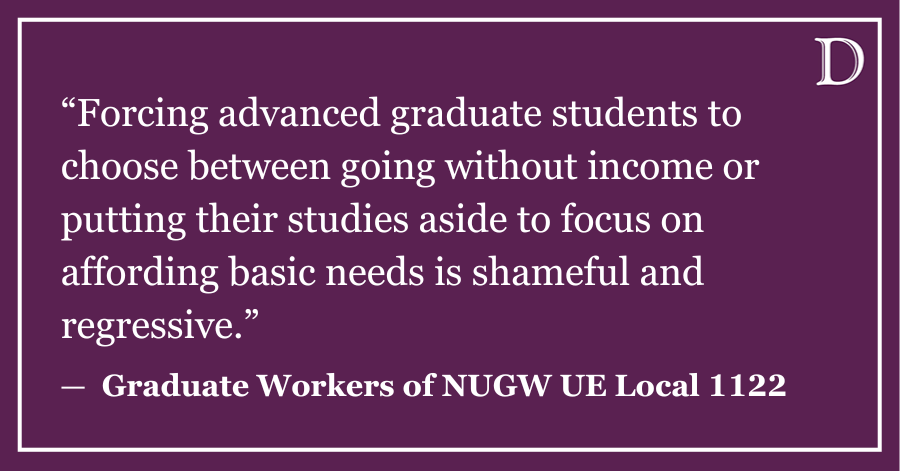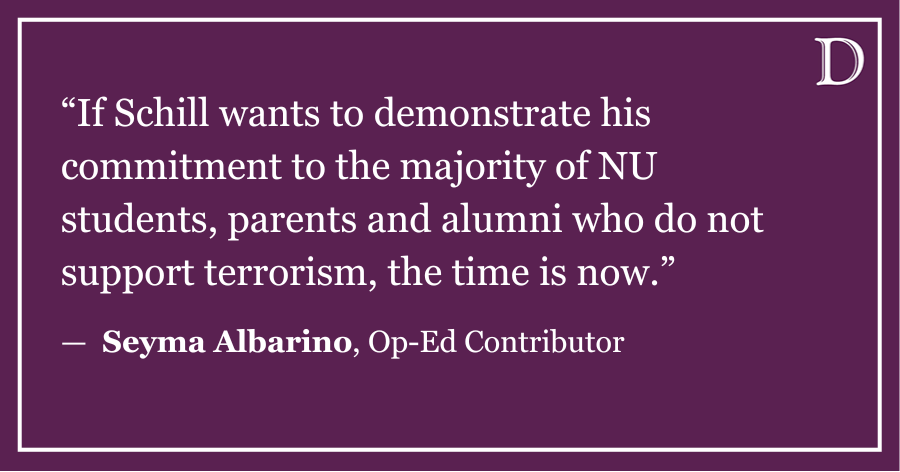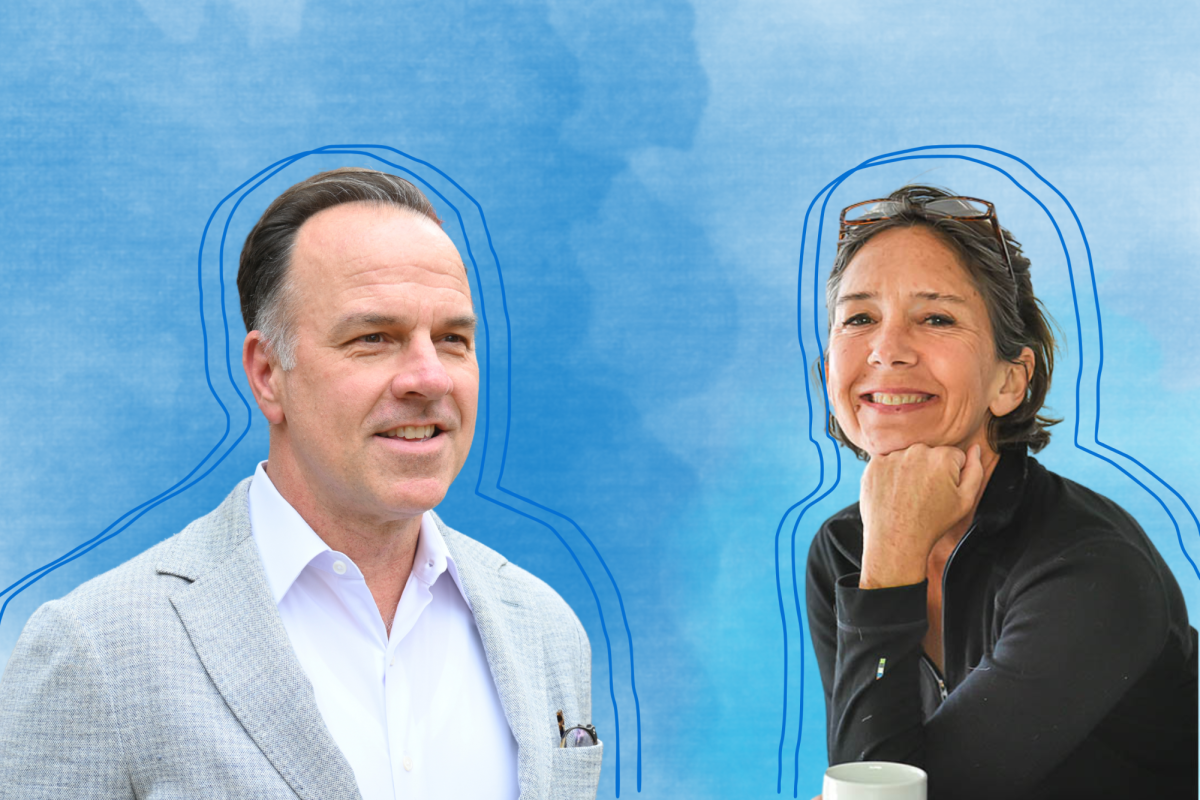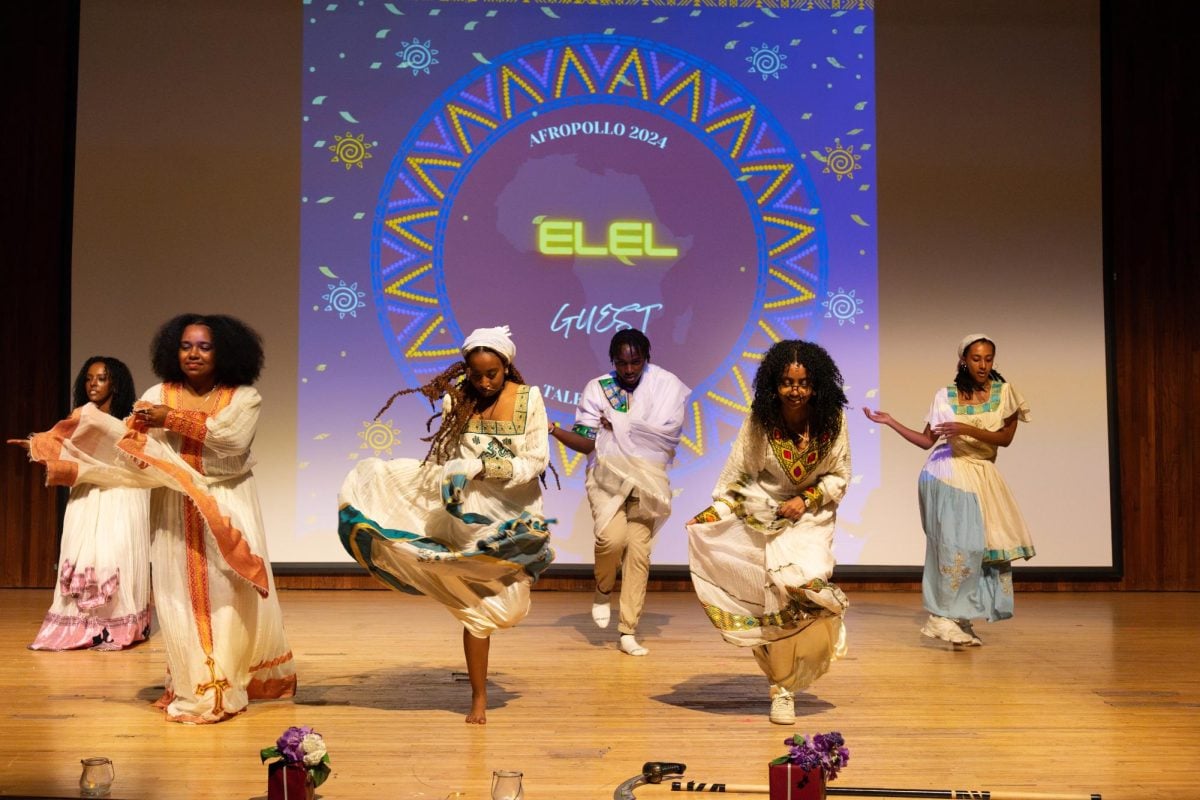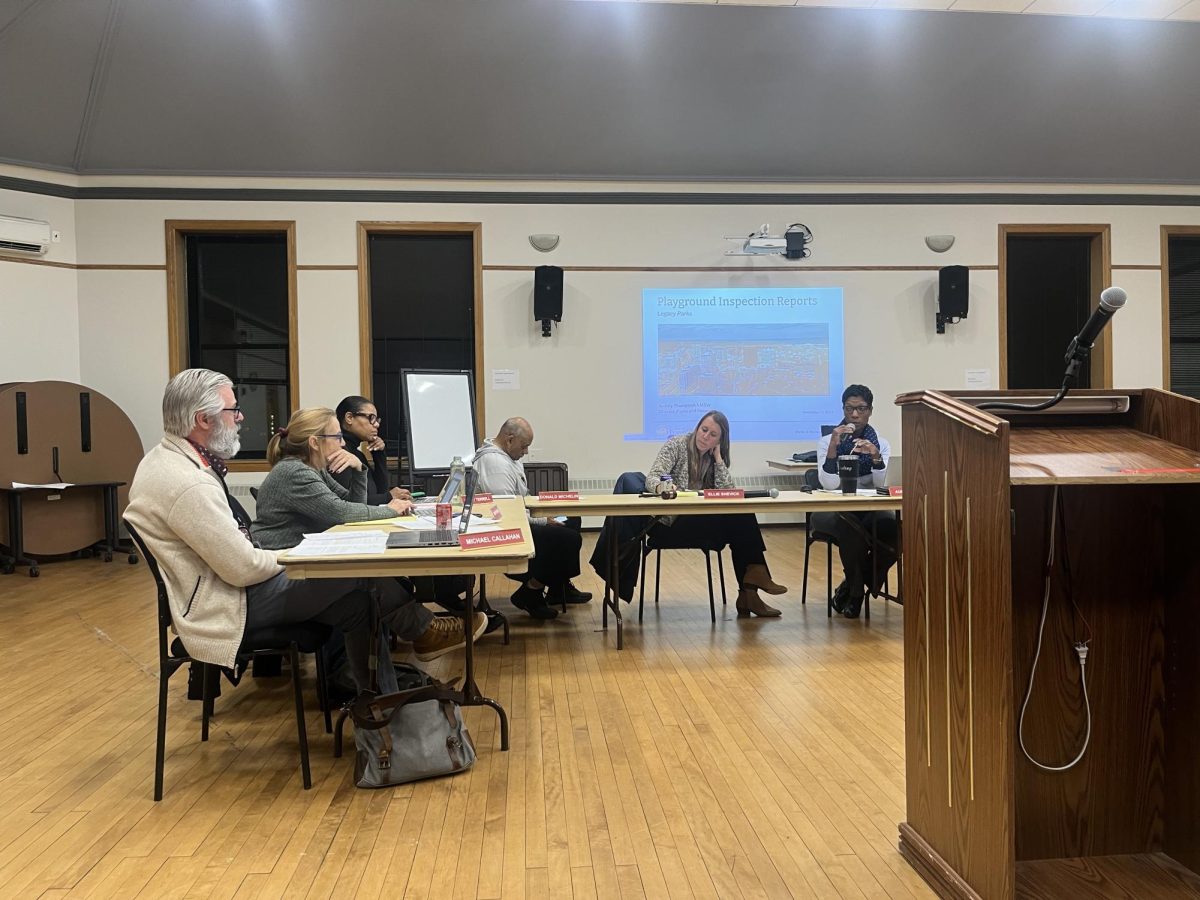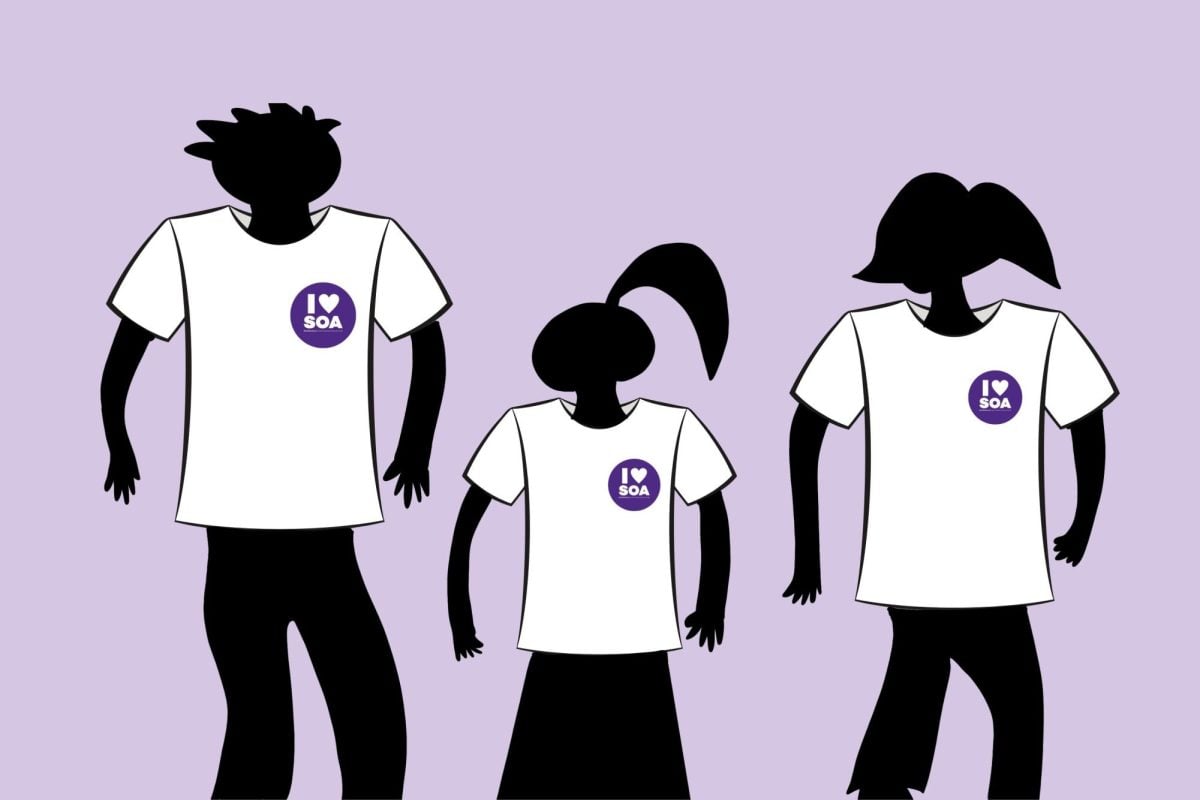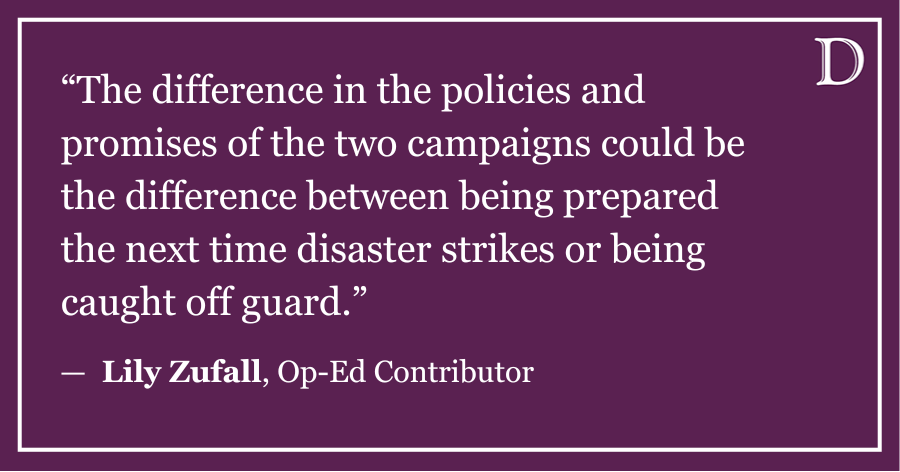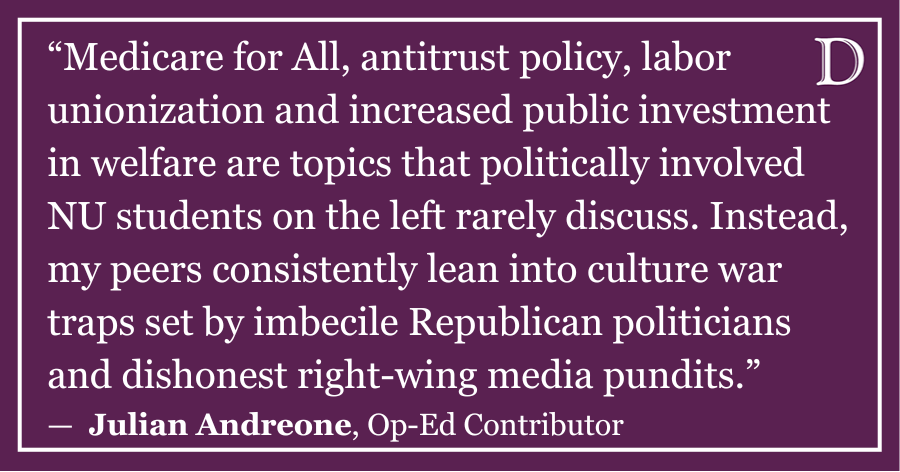Content warning: This article includes mentions of suicidal ideation, ableism.
When I was diagnosed with Autism Spectrum Disorder, shortly after I moved into the dorms at Northwestern my freshman year, I had no idea how to talk about it. After years of struggling with my mental health, I finally had a diagnosis that contextualized my entire experience. But it came with heavy stigma.
I wondered if I should be open about my diagnosis, or keep it a secret. Through my conversations with other neurodivergent people, I’ve stopped seeing autism as a private condition. My autism influences who I am, how I act and the way I perceive the world. It is at the very core of my being.
This past May, the Illinois House of Representatives adopted House Resolution 0219, which urges institutions of higher education to embrace the neurodiversity paradigm. NU has remained slow to act on this recommendation. If Northwestern is truly dedicated to building a diverse and inclusive community that supports all students, faculty and staff, we need to talk about neurodiversity. We need to talk about autism.
Being autistic can be incredibly isolating, but I know I’m far from alone. Recent estimates suggest 1 in 36 children are diagnosed with Autism Spectrum Disorder, and that number is rising every year. While discussions on autism usually focus on children, little attention is given to autistic adolescents and adults, who face a world that is hostile to their very existence.
Autistic adults have an unemployment rate estimated to be anywhere from 50% to 75%. Autistic and neurodivergent college students have a significantly higher rate of dropping out when compared to their peers, with the vast majority of autistic college students reporting high levels of anxiety, depression and suicidal ideation. Through my own experience and in discussions I’ve had with my peers, I’ve learned autistic and neurodivergent students at Northwestern are not thriving — we are barely surviving.
The history of autism is rife with institutional sexism, racism and ableism. Autism spectrum disorder, especially in adolescence, remains underdiagnosed in women and people of color. Additionally, psychiatry can be hostile and inaccessible for many marginalized communities. For students seeking an autism diagnosis, like I was in 2021, Counseling and Psychological Services exclusively offers referral services to third-party psychiatrists. Many of these medical professionals have waitlists that are weeks or months long.
I am incredibly grateful and privileged to have access to weekly therapy and multiple medications to help regulate my symptoms. Without this support, I would not have made it through college.
I come from a white, upper-middle class background, and I’m lucky to have a supportive family that helped me find these resources and insurance that would cover them. These services are not available for a large population of neurodivergent students at Northwestern, and especially first-generation low-income students. Resources for diagnoses and support must be expanded to address this widening gap among our students.
We need to talk about how to better support autistic students. Northwestern has some resources for neurodivergent students through AccessibleNU, but accommodations often require a formal diagnosis, which is a privilege. Academic accommodations through AccessibleNU can help students in the classroom, but they do not address the wide range of support needed to help neurodivergent students thrive.
Multiple studies show that autistic college students perform similarly to their neurotypical peers in terms of academics, but struggle in social situations and executive functioning. While providing academic accommodations is essential, giving students support outside of the classroom is just as important.
We need to talk about the intersectionality of autism and neurodiversity. While the media portrayal of autism has been almost exclusively white men, the lived reality of autistic people is incredibly diverse. Supporting neurodivergent students means supporting all marginalized students on campus.
There is documented research studying the overlap of autism and queer identities: the intersection of trans identity and autism is so prevalent that conservative state lawmakers have used the link as a justification to restrict access to gender-affirming care. Expanding support for neurodivergent students means standing against hate and discrimination in all of its forms.
A commitment to neurodiversity does not just mean supporting autistic students. It must include all expressions of human cognition, including ADHD, dyslexia, OCD, bipolar disorder, schizophrenia and more. It means building stronger support for all disabled community members at Northwestern and continuing to fight against institutionalized ableism in all of its forms.
Where do we start? By learning from our peers. The College Autism Network is dedicated to sharing research about how to best support neurodivergent college students. Institution-supported student groups and spaces, increased support for disability studies, and a commitment to expanded services at CAPS and AccessibleNU are all first steps towards building a more inclusive campus. But to get there, we have to actually start talking.
I encourage other autistic and neurodivergent members of the Northwestern community, especially those with different backgrounds and experiences from mine, to continue the conversation. Northwestern must be held accountable for a continued lack of support for the disabled community and has a responsibility to listen to our voices.
The conversation has to start somewhere.
Cedar Turner is a senior Dual-Degree student in Bienen and Weinberg. They can be contacted at [email protected]. If you would like to respond publicly to this op-ed, send a Letter to the Editor to [email protected]. The views expressed in this piece do not necessarily reflect the views of all staff members of The Daily Northwestern.




